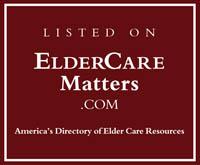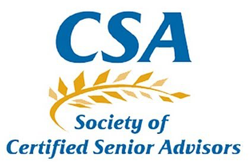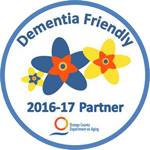Why even discuss skilled nursing?
There are some statistics that everyone needs to know.
1. At least 70% of people 65 years old and older will need some type of long term care in their lives. Many will require Long Term Skilled Nursing care.
2. In a recent News and Observer article, it noted that 73% of people 55 years old had a positive net worth of less that $50,000.00
3. In the 2015 Genworth survey on “Cost of Care”, the following yearly Skilled Nursing Care fees were recorded:
A. Semi-Private room: $75,190.00 medium yearly cost (Range of $102 to $316.00 per day)
B. Private room: $82,125.00 medium yearly cost (Range of $108 to $630.00 per day)
Let’s just think about the numbers! How does a family afford the “medium” cost of $75 to 82,000 per year? Some may have or need to purchase Long Term Care insurance. Check your policy to understand the daily or monthly rates and if there are condition to receiving the benefit.
PLANNING FOR MEDICAID: It is important that you speak to an experience Elder Law attorney, familiar with the Medicaid laws in your state. Medicaid has a Five Year “Look-back” on all countable property given away prior to application. This might be cash, stocks, autos or real property.
Our suggestion is that you NEVER make any gifts without proper advise. Not only can such a gift create severe Medicaid penalties, but possibly Capital Gains Taxes for the recipient of your gift.
QUESTIONS: rick@carolinaestatecousnel.com
——————————————————————————————————
Local Raleigh / Durham / Chapel Hill / Triangle NC Elder Law and Estate Planning Attorney offers professional counsel with last will and testament, revocable or irrevocable trust, power of attorney, advanced directive, Medicaid Planning, Veterans Aid and Assistance, asset protection, probate and estate administration, and other important legal matters.











